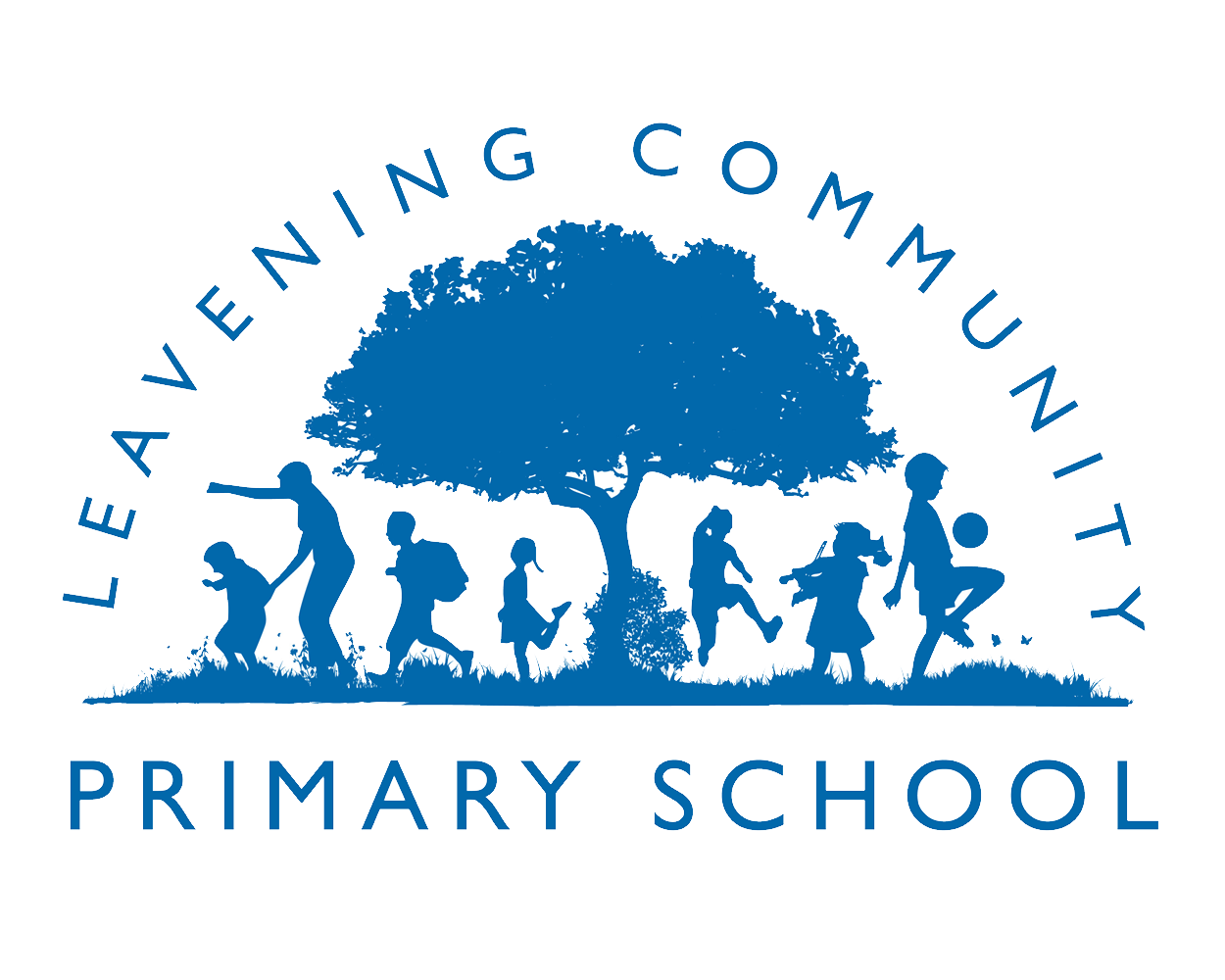Knowledge organisers contain the specific knowledge and vocabulary that will be taught within each unit of work. They have been carefully planned by subject leaders to ensure that each knowledge organiser builds upon the key facts taught in previous units of work, as identified on the progression maps for each subject.
The knowledge organisers are used by children as an aide-memoire throughout a topic; by teachers to ensure that all the required knowledge and vocabulary is taught throughout the lesson sequence; and by parents to support their children’s learning at home.
Throughout topics and after a topic has been taught, teachers use the knowledge organisers in the form of retrieval questions and quizzes. This is to ensure that the knowledge and vocabulary becomes embedded in the children’s long-term memory.
At the beginning of new units of work, facts from previous, linked knowledge organisers will be referenced and re-capped in order that children see how the two units are linked, and how the knowledge and vocabulary that they already know, will support their understanding within the new topic.
Where relevant, knowledge organisers might also contain references to famous people from both the present and the past. The idea is to help develop the children’s cultural capital by encouraging discussion around the individuals and their achievements. Children may choose to deepen their cultural capital further by researching the skills, talents, qualifications and career paths of chosen individuals referenced in the knowledge organisers.
Art & Design
Art-Knowledge-Organiser-KS1-Monet.pdf
DT (Design Technology)
Autumn 1-Updated Sept 2025
DT-knowledge-organiser-Conkers-Autumn-1.pdf
Autumn 2-Updated Nov 2025
DT-knowledge-organiser-KS1.pdf
Computing (ICT)
English
Geography
History
Autumn 1 Term: Updated Sept 2025
History-knowledge-organiser-Conkers-Autumn-1.pdf
Maths
Autumn 1-Updated Sept 2025
MFL (Modern Foreign Languages)
Autumn 1: Updated Sept 2025
CY4-Autumn-French-LKS2-Knowledge-Organiser.pdf
CY4-Autumn-French-UKS2-Knowledge-Organiser.pdf
CY4-Autumn-French-KS-1-Knowledge-Organiser.pdf
CY4-Autumn-French-EYFS-Knowledge-Organiser.pdf
Music
Autumn 1 Term: Updated Sept 2025
PSHE (Personal, Social, Health & Pupil Wellbeing Education)
Autumn 2 Term:
Y1-2-PHSE-knowledge-organiser.pdf
Year-3-and-4-knowledge-organiser-RE.pdf
RE (Religious Education)
Autumn 1 Term: Updated Sept 2025
RE-knowledge-organiser-Conkers-Autumn-1.pdf
Autumn 2 Term:
RE-knowledge-organiser-KS1.pdf
Y5-6-Why-do-Christians-believe-that-Jesus-was-the-Messiah.pdf
Science
Autumn 1 Term: Updated Sept 2025
Science-knowledge-organiser-Conkers-Autumn-1.pdf
Art & Design
Art-Knowledge-Organiser-KS1-Spring-1-Simple-Printmaking.pdf
DT (Design Technology)
Computing (ICT)
Coming soon
English
Geography
History
KS1-History-Knowledge-Organiser-the-Great-Fire-of-London.pdf
Maths
MFL (Modern Foreign Languages)
Coming soon
